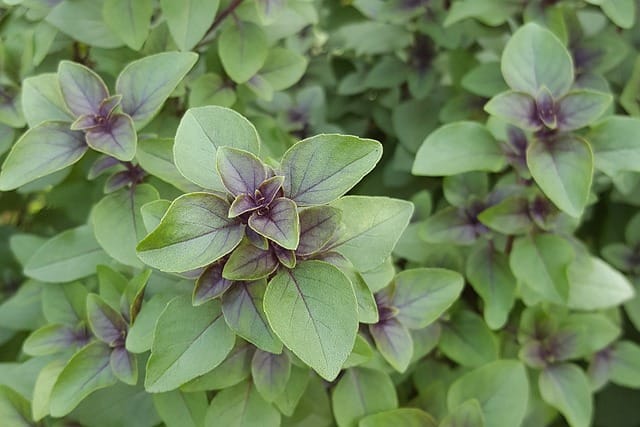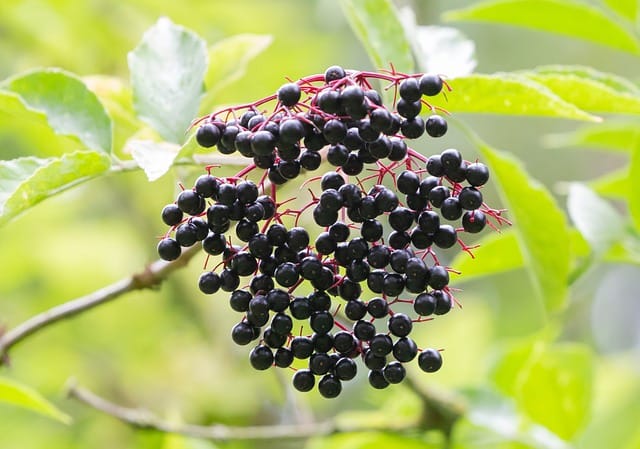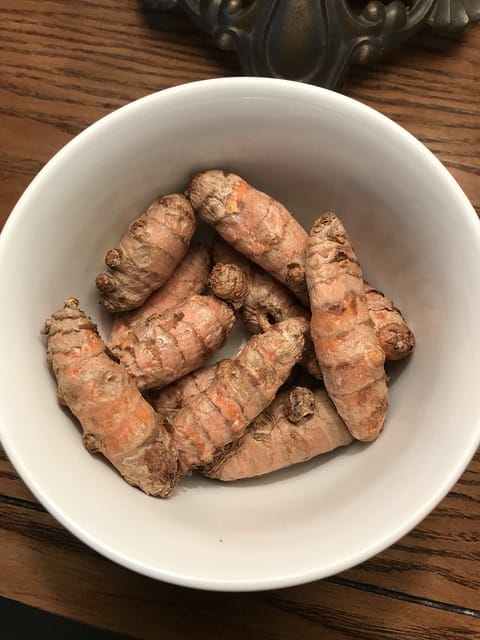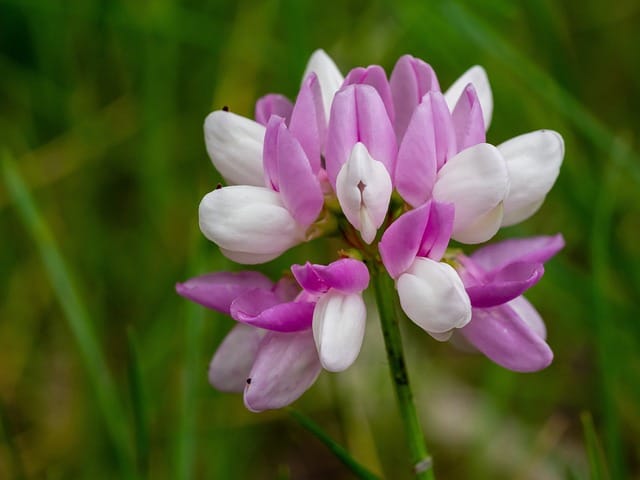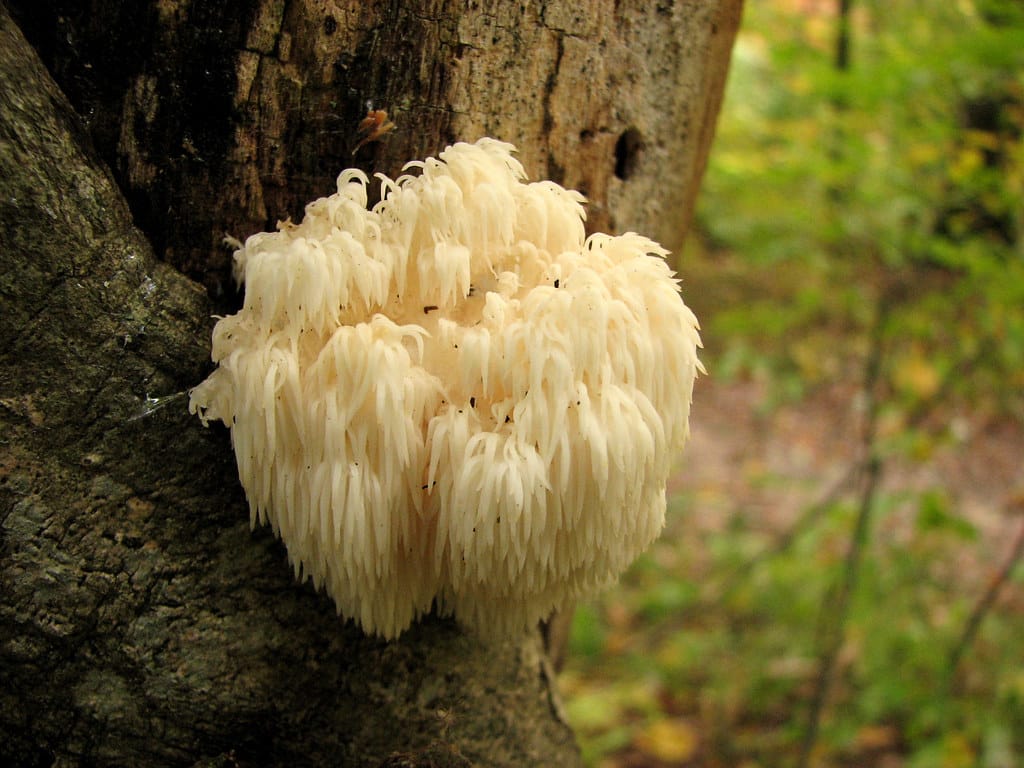
How to Grow Lion’s Mane Mushrooms: A Simple Guide
Learn how to grow Lion’s Mane mushrooms at home with this simple guide! Discover the benefits of this unique, brain-boosting mushroom, get step-by-step instructions, and learn tips for successful cultivation. Whether you’re a beginner or an experienced grower, this guide covers everything from substrate preparation to harvesting.
